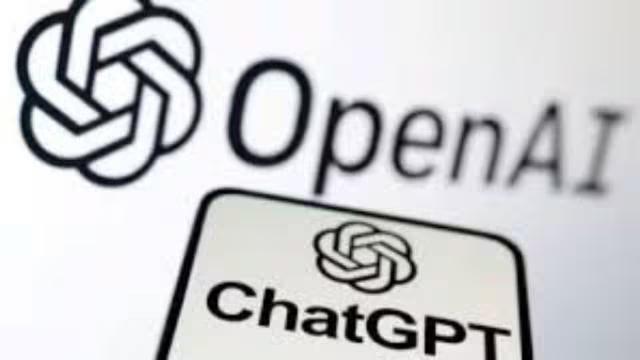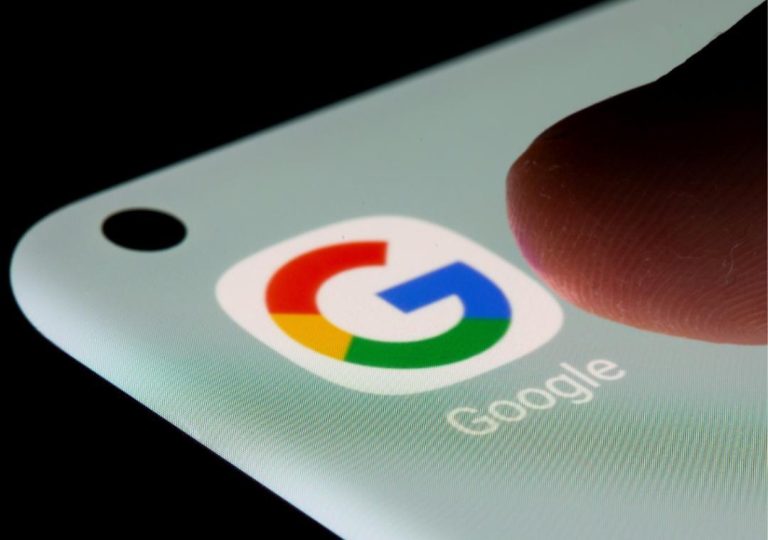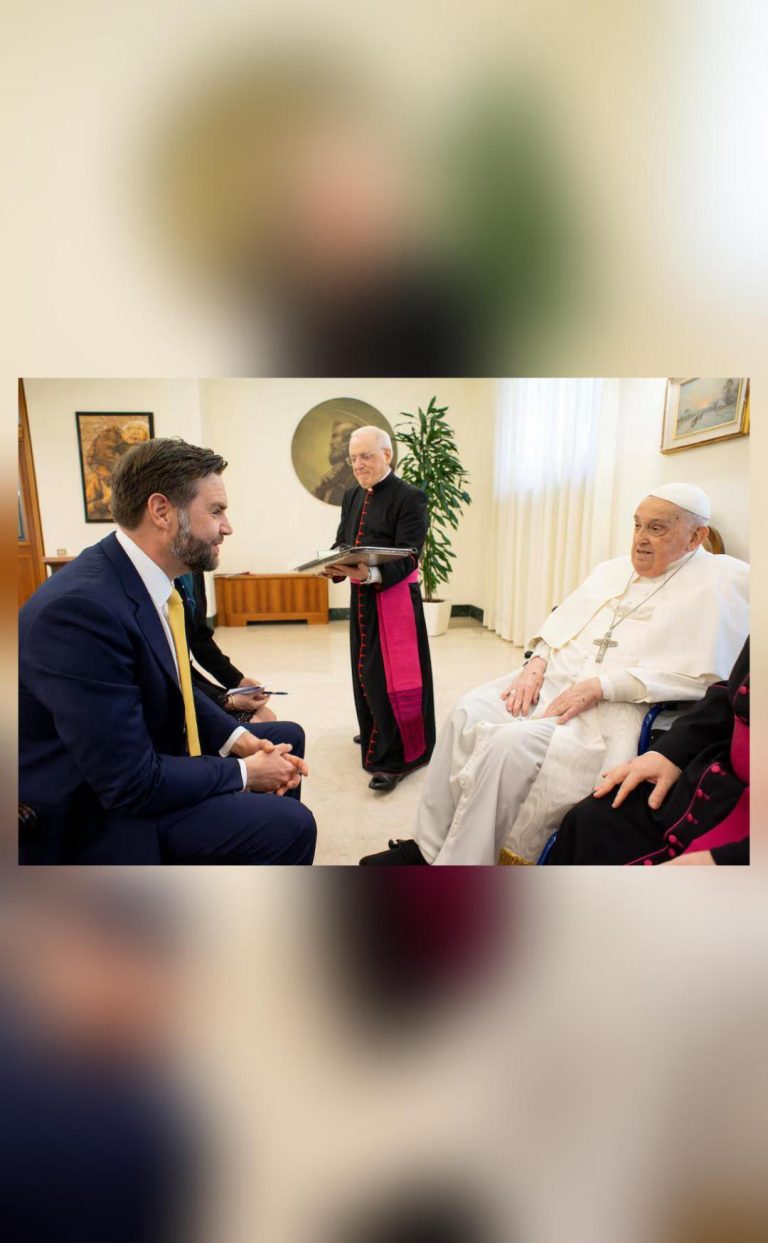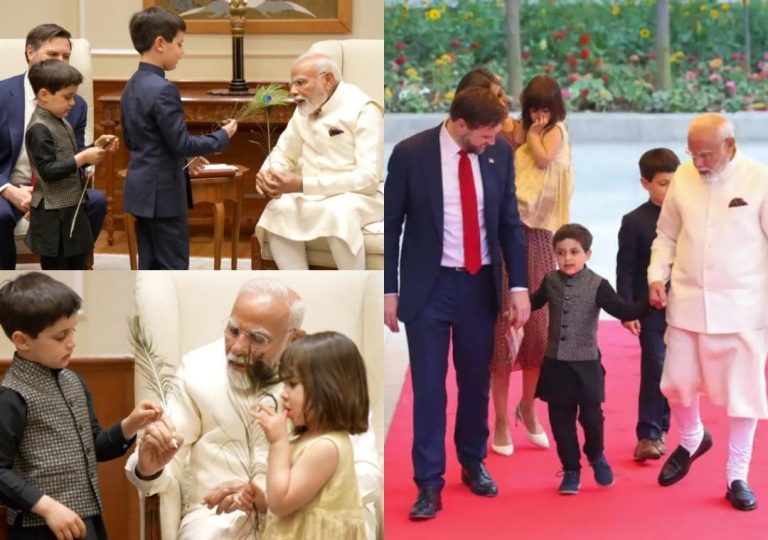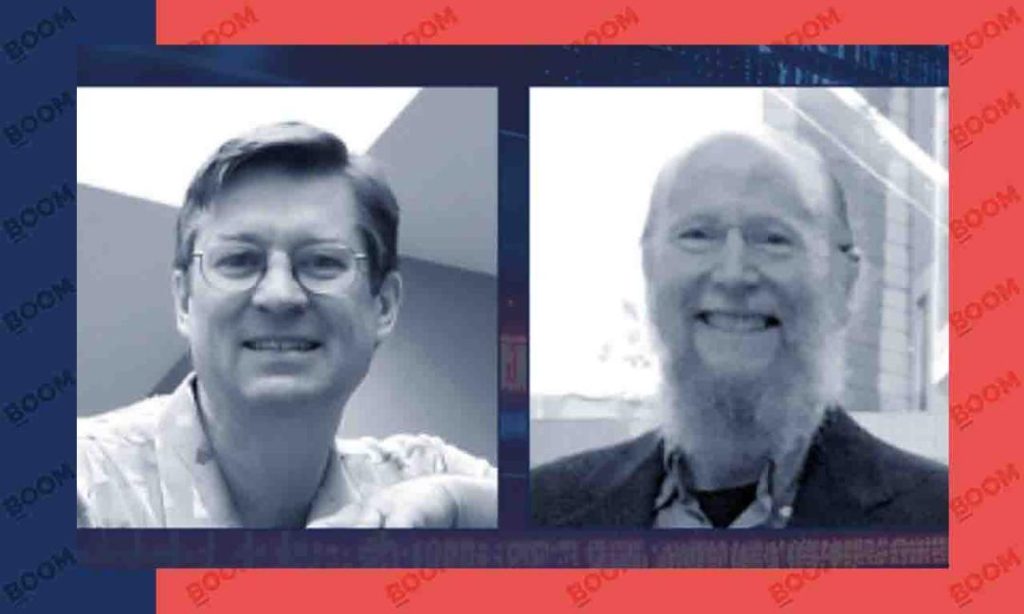
Barto & Sutton Win 2024 Turing Award for AI Breakthroughs
The 2024 Turing Award, often referred to as the “Nobel Prize of computing,” has been bestowed upon Andrew Barto and Richard Sutton for their groundbreaking contributions to machine learning and artificial intelligence. The duo has been recognized for their pioneering work on reinforcement learning, a key technique enabling machines to learn from rewards. This significant achievement has had a profound impact on the field of AI, shaping its development and applications over the past few decades.
Reinforcement learning is a type of machine learning that involves training agents to make decisions based on the rewards they receive for their actions. This approach is particularly useful in complex environments where the optimal solution is not immediately apparent. Barto and Sutton’s work on temporal difference learning, a key component of reinforcement learning, has enabled machines to learn from their experiences and improve their performance over time.
The Turing Award, established in 1966, is considered the most prestigious honor in the field of computer science. It is awarded annually by the Association for Computing Machinery (ACM) to individuals who have made outstanding contributions to the field. The award is named after Alan Turing, a British mathematician, computer scientist, and logician who played a significant role in cracking the German Enigma code during World War II.
Barto and Sutton’s research has had far-reaching implications for various fields, including robotics, finance, and healthcare. Their work has enabled the development of autonomous systems that can learn to perform complex tasks, such as navigating through unstructured environments or making decisions in uncertain situations.
The duo’s collaboration began in the 1980s, when they were both working at the University of Massachusetts Amherst. They started exploring the concept of temporal difference learning, which involves updating an agent’s value function based on the difference between the expected and actual rewards received. This approach allows the agent to learn from its experiences and adapt to changing environments.
Over the years, Barto and Sutton have made significant contributions to the field of reinforcement learning, including the development of new algorithms and techniques. They have also mentored and inspired numerous researchers and students who have gone on to make their own contributions to the field.
The 2024 Turing Award is a testament to the impact of Barto and Sutton’s work on the field of AI. Their research has paved the way for the development of more sophisticated AI systems that can learn and adapt in complex environments.
Andrew Barto, a professor emeritus at the University of Massachusetts Amherst, has dedicated his career to the study of machine learning and AI. He has published numerous papers on reinforcement learning and has supervised several Ph.D. students who have gone on to make significant contributions to the field.
Richard Sutton, a professor at the University of Alberta, has also made significant contributions to the field of machine learning and AI. He has published several books on reinforcement learning and has developed numerous algorithms and techniques that have been widely adopted in the field.
The 2024 Turing Award is a fitting recognition of Barto and Sutton’s groundbreaking work on reinforcement learning and temporal difference learning. Their research has had a profound impact on the field of AI, and their contributions will continue to shape its development for years to come.
In conclusion, Andrew Barto and Richard Sutton’s win of the 2024 Turing Award is a significant achievement that recognizes their decades-long contributions to machine learning and artificial intelligence. Their work on reinforcement learning and temporal difference learning has enabled the development of more sophisticated AI systems that can learn and adapt in complex environments. The award is a testament to the impact of their research and will inspire future generations of researchers and students to continue exploring the frontiers of AI.
